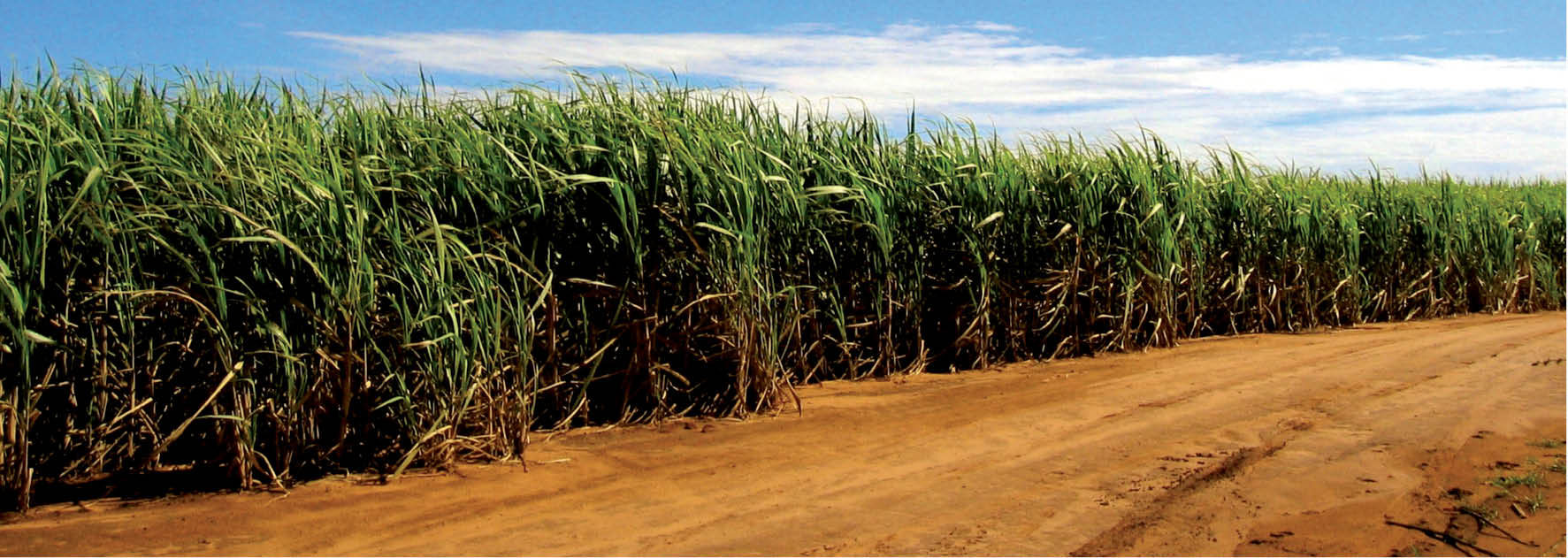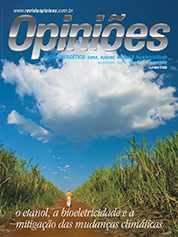Ismael Perina Junior
President of Orplana (a Brazilian Sugarcane Planters Organization)
Op-AA-22
What to expect for the future?
We have recently been watching a true avalanche of information about global warming, greenhouse gas emissions, the contamination of fountains, the production of food viewed as a major polluting agent, the indiscriminate use of land, the conflict between the production of food and energy, the Brazilian Forest Code, among so many other issues.
This has confused the ordinary citizen, who seeks guidance by reading articles and texts. For a long time we have heard that the maleficences resulting from the burning of fossil fuel are real. In fact, all types of burning are quite harmful. In the incinerations carried out by the productive sector of agriculture, the change in attitude is visible and the data shows that burn rates are decreasing.
Concerning the fossil fuel issue, since it is finite material with high polluting potential, the only certainty we have is the need to reduce its use and to produce renewable alternatives, with lesser polluting power. I am much concerned that the pre-salt oil reservoirs discovery will simply attract all attention to aspects of how the exploration will take place and to just how important it will be for the country.
Well, their exploration and consequent utilization will result in that the relative damage of pollution and warming will be forgotten. Will the issue become solely an economic one? What about sustainability? Brazil, and this must be reason of pride for us, is a country that has the world’s cleanest energy matrix, having accomplished great feats in the areas of hydroelectricity, biofuel and bioelectricity. I believe we only did not advance more due to the lack of public policies, which should benefit alternative energy sources, mainly those based on biomass.
Fortunately, we have begun to see, in recent days, the receptiveness of certain areas in the Public Administration to the idea of elaborating a regulatory mark, aimed mainly at sustainability, in the context of the revision of our energy matrix. It is a fact that the production of renewable energy, especially from biomass, is very important when we look from the perspective of environmental and social factors, because it allows very beneficial results for the environment, whereas it is also a great generator of jobs and income.
In a recent seminar in the National Congress, organized by “Projeto Agora”, the work of teacher Márcia Azanha clearly showed the great potential to interiorize the generation of jobs in the sugar-based energy sector, in comparison with the oil exploration sector. There is no doubt that we must take these aspects into consideration.
As we would say here in the interior of the country, “let us change the direction of the wind” and enter the subject that is more related with our activity, i.e., agricultural production. The confusing information addressed at the beginning of this article ends up bringing a lot of uncertainty to rural producers, mainly of sugarcane, since most of the investments in this area are medium to long-term oriented.
Think about the fact that we are ending our third harvest, whose prices paid for sugarcane are below production costs. A major part of the problem was caused because for a long time we had very low ethanol prices, and that, in a certain way, privileged the consumer. However, it benefited even more the intermediaries in the production chain (i.e., distributors and fuel stations), that always operated with positive margins, to the detriment of gains pocketed by the producer, without passing anything on to the consumer.
In other words, we are in a very difficult situation, in which debt and default became everyday topics. I touched upon this economic issue we are experiencing to, in a few words, try to summarize by stating that the balance between economic, social and environmental aspects is extremely important.
Unfortunately, on our part, without financial sustainability, it becomes very difficult to progress in the social and environmental aspects. We have made commitments and we will honor them, but we need the public incentives for the agricultural policy, so that events can occur more expediently.
We need to create mechanisms aimed at lower taxation in segments that pollute less or that employ more, and differentiated taxes for those who produce social and environmental benefits. Only by taking into consideration these various aspects, will we be able to harmonize this situation so difficult to adjust, but which will allow the survival of humanity.





